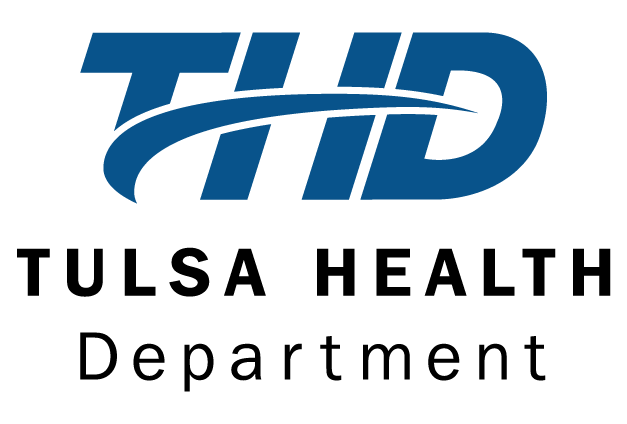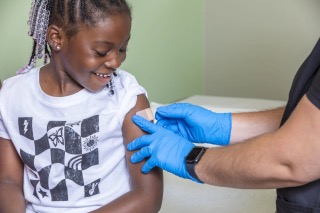TULSA, OK – [November 1, 2014] – The Tulsa Health Department (THD) was notified by the Oklahoma State Department of Health (OSDH) that they received results today from the Centers for Disease Control and Prevention (CDC) showing that a patient currently in isolation at a medical facility in Tulsa County does not have Ebola Virus Disease. The patient is being treated for malaria.
Public health officials will continue to monitor the individual for the required 21 day period in accordance with CDC guidelines.
“The health and safety of Tulsa County residents is our number one priority, which is why we have protocols and partnerships in place to respond to this type of public health emergency,” said THD Executive Director Dr. Bruce Dart. “We were able to mobilize our response efforts immediately and will continue to work tirelessly to prepare for the possibility of any future suspected case of Ebola and ensure the safety of the community.”
Ebola is a rare, serious viral infection. It is not airborne or waterborne. A person infected with Ebola is not contagious until symptoms appear. Symptoms of Ebola include high fever (greater than 100.4°F), severe headache, muscle pain, weakness, diarrhea, vomiting, abdominal (stomach) pain, and unexplained hemorrhage (bleeding or bruising). Symptoms may appear anywhere from 2 to 21 days after exposure to Ebola, but the average is 8 to 10 days. Risk factors for Ebola include recent travel to Sierra Leone, Guinea or Liberia or direct contact with someone who is sick with or died from Ebola.
Malaria is a mosquito-borne disease that is prevalent in regions of Africa and Asia. Each year, 1500 – 2000 Americans are diagnosed with malaria and almost all are recent international travelers. People who get malaria are often very sick and have symptoms of high fever, body aches, and headache.
For the latest information please visit our website at www.tulsa-health.org/ebola.




